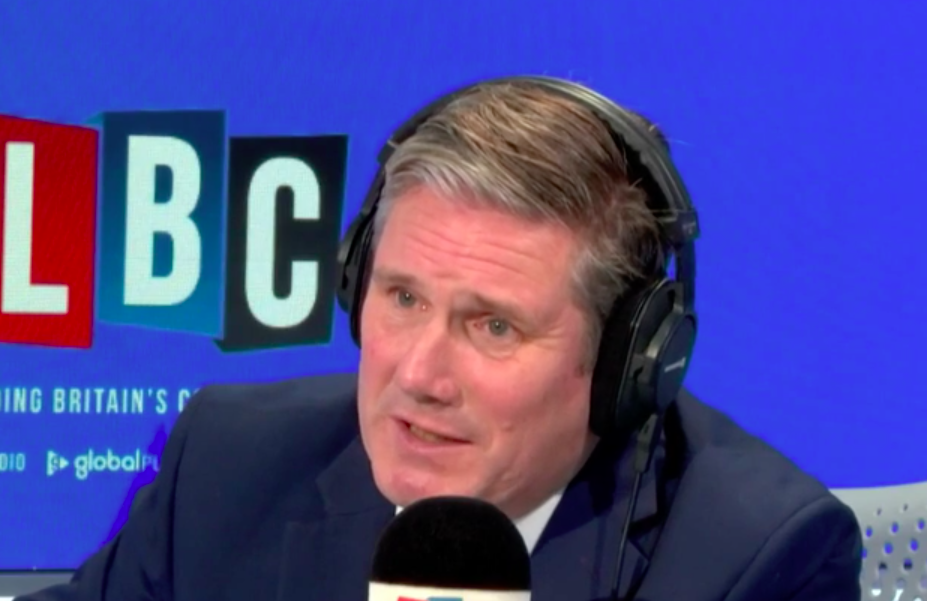'We shouldn’t have it': Keir Starmer says MPs' proposed £3,300 pay rise should go to key workers
Watch: Keir Starmer says MPs’ pay rise ‘isn’t right’
Sir Keir Starmer has said MPs should not receive a recommended pay rise of more than £3,300.
The Labour leader proposed diverting the money to key workers who have been on the frontline this year in the fight against coronavirus.
The independent body that sets MPs’ salaries has proposed continuing to link their pay packets to wage growth in the public sector.
That could result in a pay rise of more than £3,300, taking their salaries to more than £85,000.
But Sir Keir said it wouldn’t be right that MPs receive the inflation-busting pay rise next April.
In an interview with LBC radio on Monday, he said: “We shouldn’t have it.”

He said the decision had been “parcelled out to an independent body so that MPs don’t decide for themselves what they get paid, but that’s mitigation, it’s not an excuse”.
He added: “I think this year of all years, people would say that money, if it’s available, should be spent on key workers, those who’ve been on the front line through this pandemic.”
He said there should be a cross-party discussion about what to do “because I suspect there’s lots of MPs that feel it just isn’t right”.
The Independent Parliamentary Standards Authority (Ipsa) is consulting on the pay rise scheme, which would use October’s three-month average public sector wage growth as the benchmark.
Although the exact figure is not yet known, September’s data would give MPs a 4.1% increase, and Ipsa acknowledged that whatever the figure ends up being, “it is likely to exceed the rate of inflation”.
Read more: Newspaper front pages react to England's incoming three-tier lockdown
Richard Lloyd, Ipsa’s interim chairman, said the body has a statutory duty to review MPs’ pay in the first year of each parliament.
Major reviews were carried out in 2012, 2013 and 2015, with technical adjustments in 2018.
“Given the huge economic uncertainties arising from the coronavirus pandemic, we do not think it is right to depart from this approach now,” he said.
Watch: What is the new job support scheme?
Coronavirus: what happened today
Click here to sign up to the latest news and information with our daily Catch-up newsletter

 Yahoo Sport
Yahoo Sport 







































